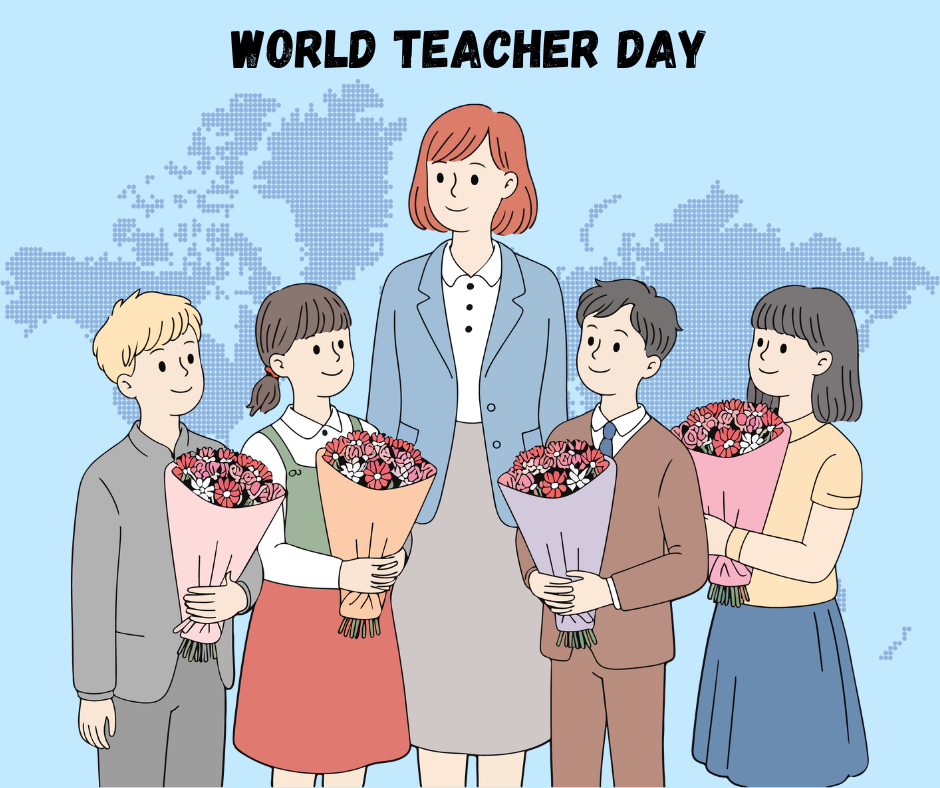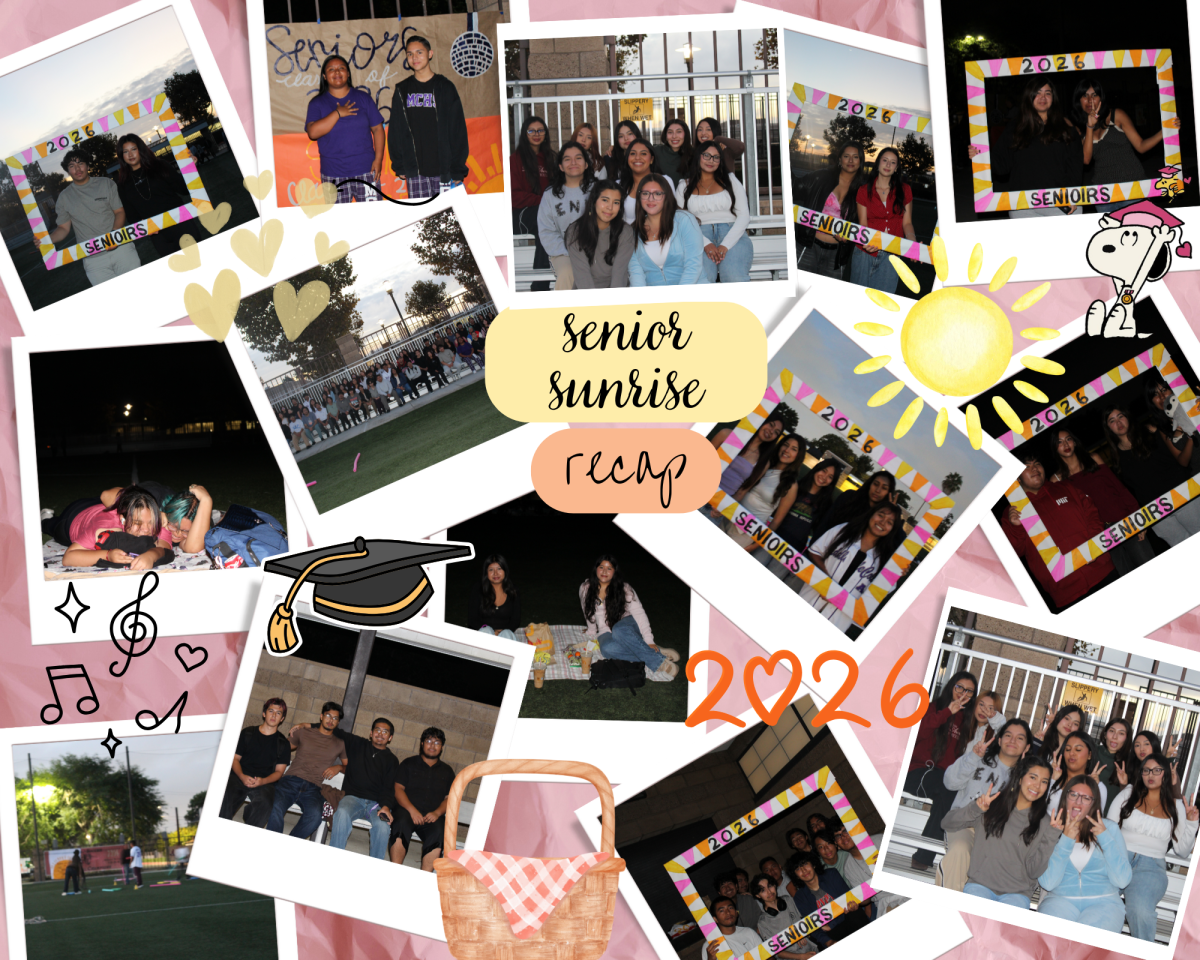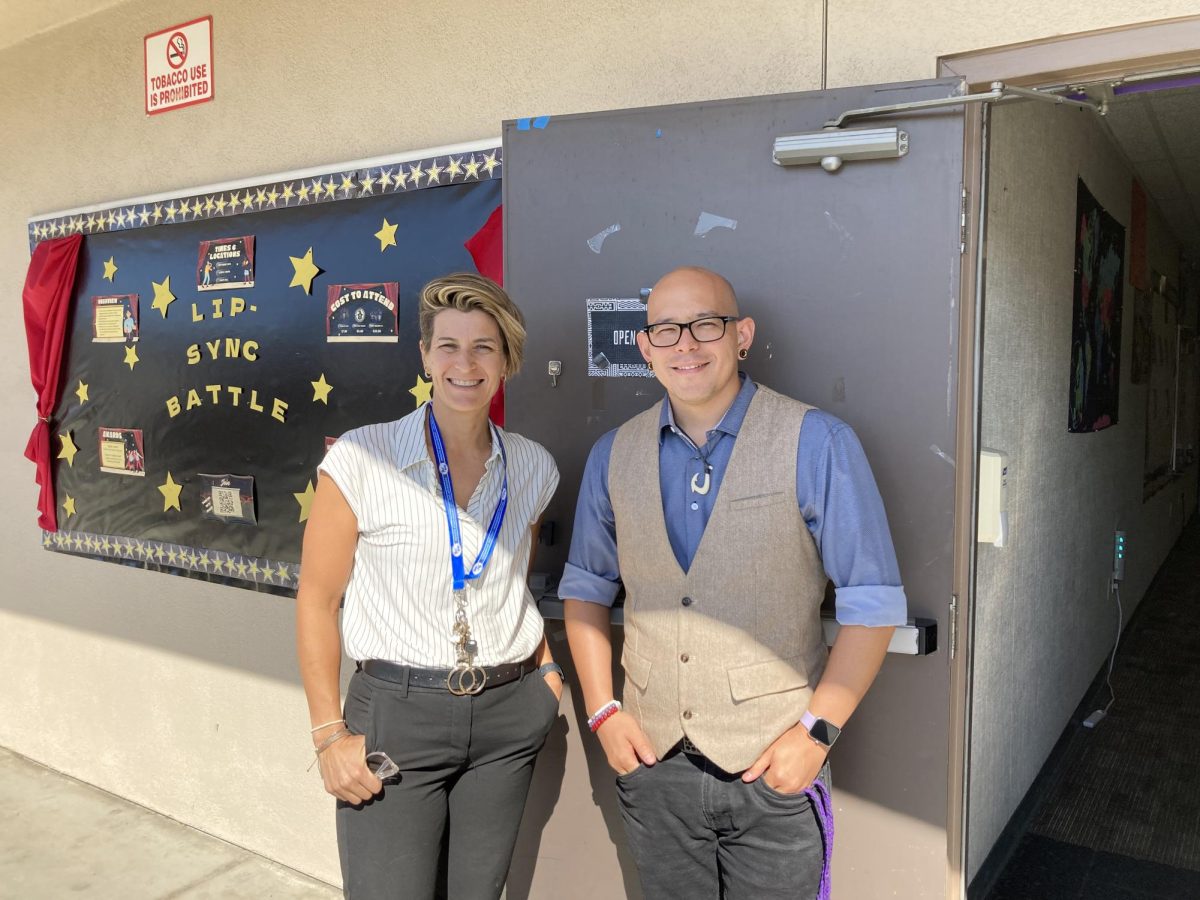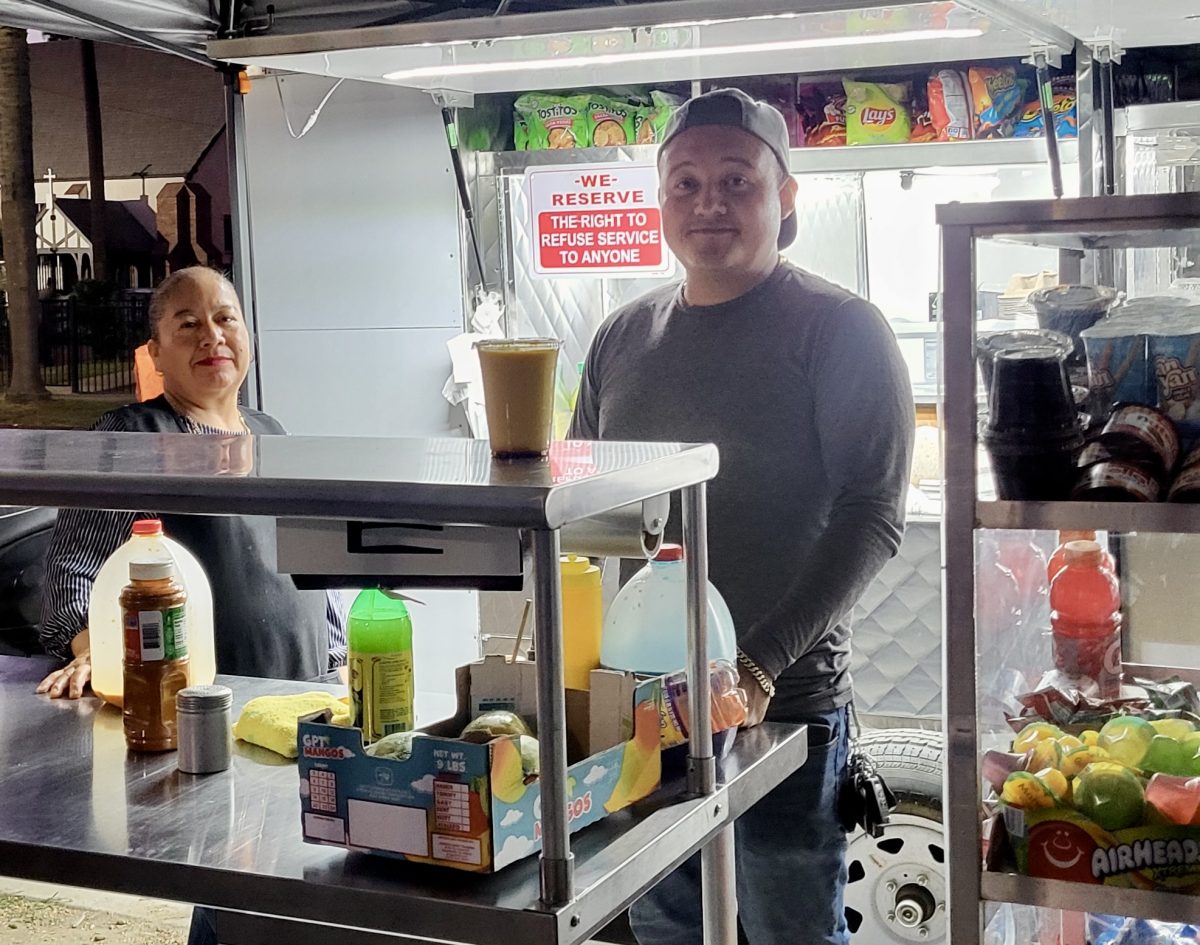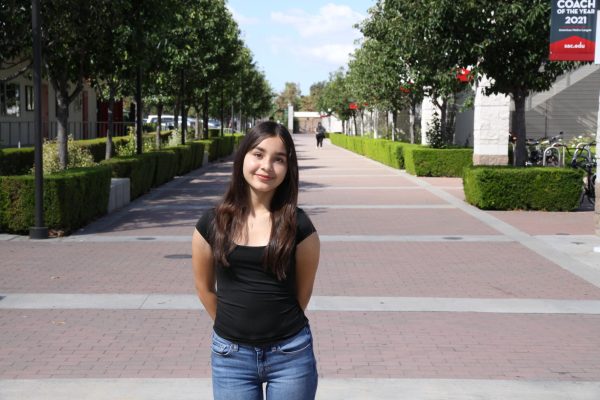We often find ourselves wondering if school is really necessary to be successful in the real world. We often hear stories about people saying that high school doesn’t prepare them for life after. Others disagree, stating that school is a major component in our lives. This debate raises an important question: What role does education play in preparing young people for work and life outside the classroom?
As students approach graduation, many question the practicality of their education in preparing them for future careers and life challenges. Some people believe that high school fails to equip students with life skills and prepare them for adulthood. Others see high school as a valuable foundation, providing knowledge and tools needed for future success.
Many students question whether high school truly prepares them for adult life. For some—like auto technician Rolando Barrios—the traditional education path didn’t match their career goals. Now a graduate, Barrios shares his story.
“I believe it depends on the kind of career choices that you make. My career is as an auto technician. I modify vehicles, and I’ve been doing it since I was a kid. It’s been a long-time thing of mine and in my case, high school has not really prepared me for the kind of work that I would be in,” Barrios said.
While high schools often focus on academic preparation, other preparations can also be important for people with different career options. This raises the question of how high school can be more inclusive in helping students achieve their chosen careers with the necessary tools provided.
When you step into the real world, knowing how to deal with finances becomes an important skill. Many feel that high school needs to improve in this area. Barrios shares his thoughts.
“I wish high school had taught you a lot more about how to go about your financial gain and financial loss, just finances in general. It has become such a huge part of adult life that managing your money can make or break a lot of your goals,” Barrios said.
Barrios is one of many who believe financial education should be discussed more in school. Addressing this could empower students to make better and healthier financial decisions.
While high schools offer a diverse range of subjects, some students feel that it doesn’t fully connect to their interests and career. For instance, students interested in certain fields might find the options that are provided to be limited. Barrios adds on.
“For the most part, school does give you a good amount of things to choose from, to learn about and to study, but I feel that what the school system lacks is the fact that they don’t allow the expressiveness of different careers, such as in the case of high school, people who would like to work with aerospace engineering right which is physics, you don’t really have much else asides from doing basic physics. I just feel like it’s lacking a variety,” Barrios said.
Barrios’ perspective highlights a common concern on how high school focuses more on certain subjects. This view raises important questions on how high school can be more diverse when it comes to careers.
Transitioning from high school to the outside world can be a difficult experience for many people. The sudden shift in daily routines often leaves them with a weird sense of freedom and uncertainty. Barrios explains his personal experience.
“Absolutely not, moving from school to the outside world is a really big change. You have a lot more time available than you expect. You’re in school about seven hours a day, and those seven hours a day to do absolutely whatever you want and you do nothing with them, you tend to feel lost, almost like there’s something you should be doing, and it eats away at you the longer you’re in that situation,” Barrios said.
Barrio’s experience may reflect a larger issue many people face. It’s hard to find a sense of purpose when you have followed the same routine for the past four years—attending school from morning to afternoon. Now you have all this free time until it’s time to attend work.
Preparation for college and the real world is a major thing that many students worry about. Gloria Parra Diaz, a graduate from Middle College, gives her opinion.
“I feel like Middle College did prepare me, even though my freshmen and sophomore year were cut short because of COVID and they were spent online, but coming back, I feel like they made an effort for us to try to do better,” Parra Diaz said.
Parra Diaz’s perspective highlights the efforts that schools like Middle College are making to cover the gap between academic learning and real-world readiness.
As high school students prepare to transition to university life, many find themselves facing unexpected challenges. The independence and self-reliance required can be overwhelming, especially for those who may not have support. Parra Diaz shares their experience.
“Once you’re at university you’re like an older sibling, you have to learn how to do things on your own within the university. If you don’t know anyone who goes to the university, in the sense it’s more challenging since you have to learn to do things on your own…. Once I went in, I felt like no one else was in my major, even though I’m extremely grateful for like some of the people their helping to guide me, I still felt pretty alone,” Parra Diaz said.
This sense of the need to quickly adapt is common among new university students. Without the right guidance, many students struggle to find their place in a new, independent environment. To address these challenges, schools should provide more comprehensive preparation programs and resources to help students navigate the transition better.
Many students and adults feel that the education system lacks essential life skills that would better prepare them for adulthood. Knowledge in areas like finance and emotional intelligence is often overlooked in curriculum. Parra Diaz shares her thoughts on this.
“I definitely think finance and emotional intelligence should be a part of the curriculum. I know that in my senior year, we had someone from School’s First bank come over and tell us how a credit card works, and how a debit card works, which was very helpful. They also taught us how to write a check which was helpful. That was helpful, since everything is through autopay and all that. If there were a class for that, I think it would’ve been more helpful because I feel I would have actually taken it seriously,” Parra Diaz said.
This insight underscores the importance of integrating practical life skills into the educational system. By offering dedicated courses on finance and emotional intelligence, such as adding classes that could help students make informed financial decisions and develop the emotional resilience necessary for success.
High school plays a crucial role in helping students explore career paths for their future goals. Through experiences and guidance, many students discover new interests and directions. Parra Diaz reflected on their journey, sharing how her aspirations evolved with the support of a school counselor.
“High school did help me figure out what I wanted to do after graduation in the sense that I first wanted to be a math teacher, and then I failed Mr. Kaneko’s test, and I was like no, I don’t think math is my thing. Sometime between that I was stuck, I was certain I wanted to do something in education. All I had in mind is that I wanted to do teaching. Once junior year came along, I talked to my counselor, Mrs. Quiñonez, and we were talking and navigating to me going for school counseling. Ever since it’s just been stuck with me, I think Quiñonez was a really big factor in that because she’s the person I inspire to be. I feel like school counseling is where I landed, and that’s where I’m heading too,” Parra Diaz said.
Parra Diaz’s journey highlights the significant role that personalized guidance and mentorship can play in shaping a student’s career path. This opens up a broader conversation about how schools can provide more support to help students navigate for their future. There are many ways to connect students with mentors and resources that align with their individual goals.
To better prepare students for the future, schools need to teach practical life skills like financial literacy, emotional intelligence and offer personalized guidance and mentorship. Educators should work together to create a more well-rounded and supportive education that helps students succeed in both life and work.

